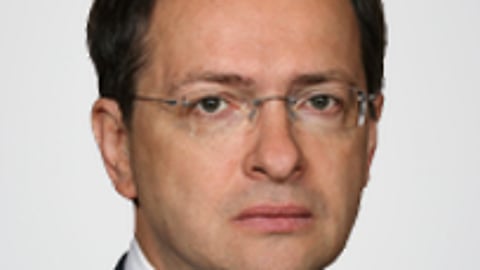

Following Thursday’s failed attempt at direct negotiations between Russia and Ukraine in Istanbul, a series of trilateral and quadrilateral meetings are now scheduled for Friday—highlighting the increasingly complex and chaotic nature of what were initially envisioned as bilateral peace talks.
Confirmed for Friday are a trilateral meeting between the U.S., Ukraine, and Turkey, and another between Russia, Ukraine, and Turkey. Additionally, a quadrilateral meeting involving the U.S., Russia, Ukraine, and Turkey is also expected to take place, though the format and exact structure of that meeting remain unclear.
U.S. Secretary of State Marco Rubio, who arrived in Istanbul on Thursday accompanied by envoys Keith Kellogg and Steve Witkoff, met with the Ukrainian delegation. However, Rubio declined to meet with the Russian delegation, citing its composition as a “lower-level group.”
Ukrainian President Volodymyr Zelensky initially stated that he would only participate in negotiations if Russian President Vladimir Putin were present, dismissing the Russian delegation as unserious—despite it being led by the same official Ukraine had negotiated with in early 2022. Nonetheless, Zelensky later confirmed that a Ukrainian delegation would attend Friday’s meetings.
The Russian side maintains that it expects to meet the Ukrainians in a bilateral format and has said it will be present at the designated meeting location at 10 a.m. local time.
Zelensky has firmly reiterated that Ukraine will not concede any territory, including Crimea, and is solely seeking a ceasefire. These conditions cast doubt on the possibility of any substantial progress in the talks, even if a bilateral meeting occurs.
On Thursday, Zelensky criticized the low rank of the Russian delegation, prompting speculation that he might use this as a pretext to withdraw from the negotiations. However, when asked about the issue, U.S. President Donald Trump—currently touring the Middle East and speaking from the United Arab Emirates—downplayed concerns about the delegation’s stature, signaling he would not echo Zelensky’s criticisms.
Following Trump’s remarks, Zelensky announced that the Ukrainian delegation would travel from Ankara to Istanbul, though he himself departed for Albania to attend an EU summit.
Zelensky’s repeated criticisms and the confusion surrounding the talks have led some observers to speculate that he may be seeking to undermine the negotiations while positioning Russia to take the blame—thereby preserving U.S. support and the continued flow of military aid to Ukraine.